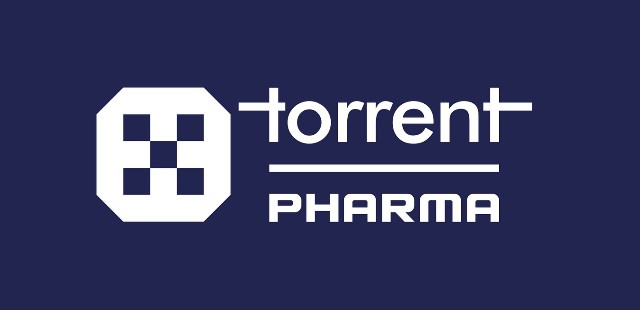The pharmaceutical sector is expected to experience a soft quarter in Q2FY26, according to brokerages. This period is seen as a transition phase for the industry, with both positive and negative factors at play. On the positive side, several companies have shown promising developments. Lupin, for instance, is expected to benefit from its US launches, which should contribute to its growth. Divi’s, on the other hand, has seen strong traction in its Contract Development and Manufacturing Organization (CDMO) business, which is a promising area for the company. Additionally, Sun Pharmaceuticals and Torrent Pharmaceuticals are expected to post resilient growth in the Indian market, driven by their strong product portfolios and distribution networks.
However, there are also several concerns that are weighing on the sector. One of the key worries is the erosion of sales of Revlimid, a key drug for several pharmaceutical companies. This is expected to have a negative impact on the companies’ top lines. Another concern is the impact of the Goods and Services Tax (GST) on the sector, which has led to destocking in the trade channel. This is expected to affect the sales of pharmaceutical companies in the short term. Furthermore, pricing pressure remains a concern for the sector, as governments and regulatory bodies continue to push for lower prices. Finally, there are also risks related to US tariffs, which could affect the exports of Indian pharmaceutical companies to the US.
Overall, the Q2FY26 quarter is expected to be a challenging one for the pharmaceutical sector, with both positive and negative factors at play. While some companies are expected to benefit from their US launches, CDMO traction, and resilient India growth, others will be impacted by the erosion of key drug sales, GST-led destocking, pricing pressure, and US tariff risks. Brokerages are advising investors to be cautious and selective in their investments in the sector, focusing on companies with strong product portfolios, robust distribution networks, and a proven track record of navigating regulatory challenges. By doing so, investors can navigate the challenges of the transition phase and position themselves for potential growth in the long term.
